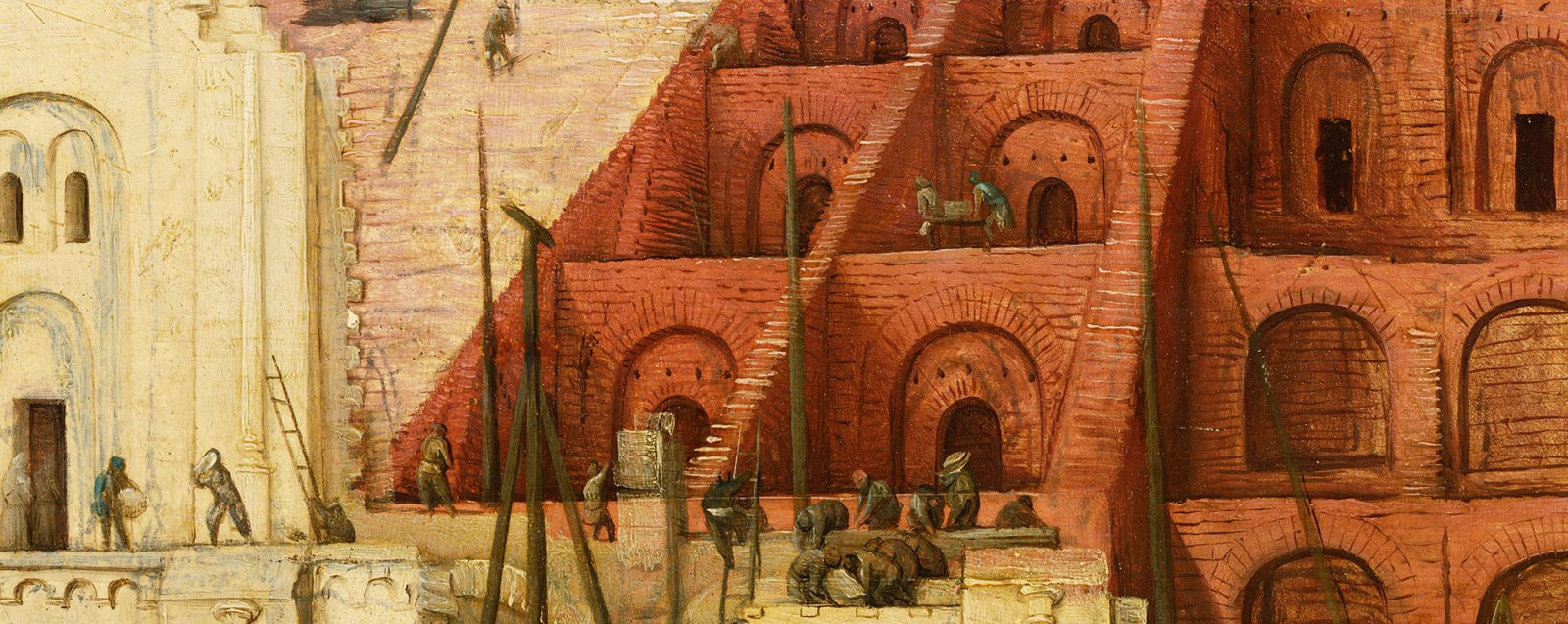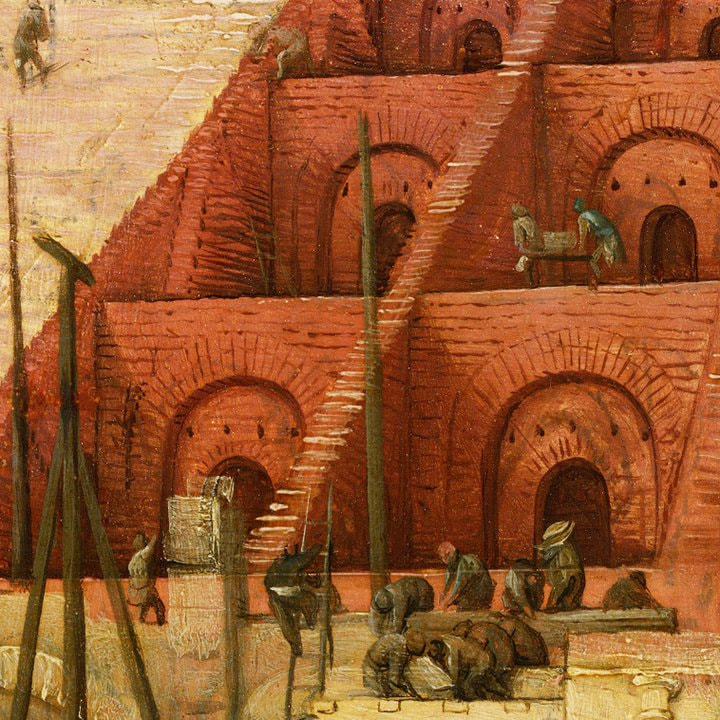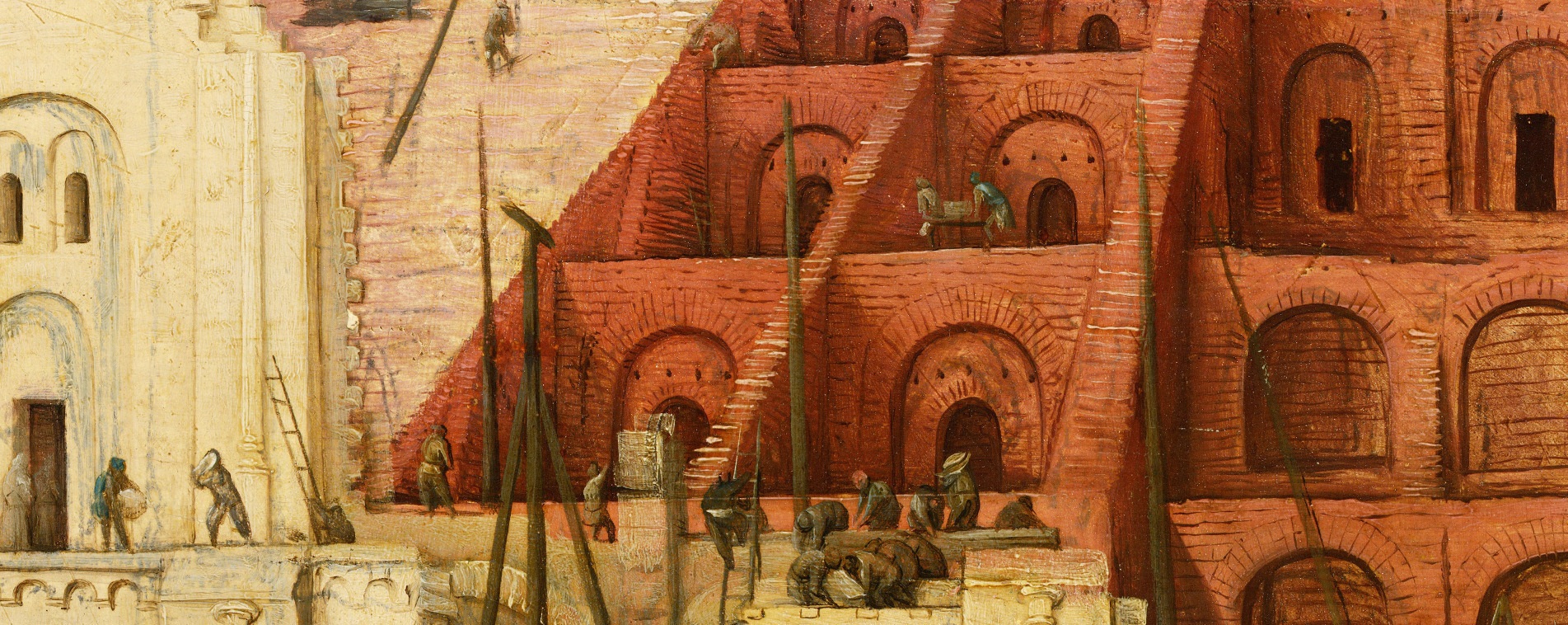The lecture analyzes the foundations for building relationships with space and architecture suggested by AA Milne’s iconic text.
Architecture can be approached as a strategy of creating a space distinct from natural environment. It is characteristic of any period in time, from the classical principles of the Hippodamos system (a type of city planning based on orthogonal streets introduced in Antiquity) to postmodernist architecture where the key role belongs to visual metaphors and rejection of any particular semiotics. Amazingly enough, many of the attitudes to space and human habitat inherent in architectural thinking can be found in AA Milne’s book Winnie-the-Pooh—one of the favorite objects of philosophic, linguistic, and psychoanalytical deconstructions.
“The meaning of architecture resides in the fact that it is a human environment. Unlike the rest of nature (animals, plants, earth, water, sky and space) which is irrational, humans are sentient beings, creating an enormous gap, a borderline between the man and the world. The former is forever alien to the latter, and his grandfather was the same (as was the grandfather of Piglet from Winnie-the-Pooh). Human space is an attempt to fence off a territory of mindfulness in the infinity of chaos and the absurd, a world wherein space would acquire Meaning, inessential what exactly kind of meaning it would be. What is really important is that it exists, since it is the meaning alone that protects humans from the absurdity of the outer world.”
(Grigory Revzin, “Architectural Strategies”, 2015)


